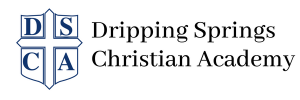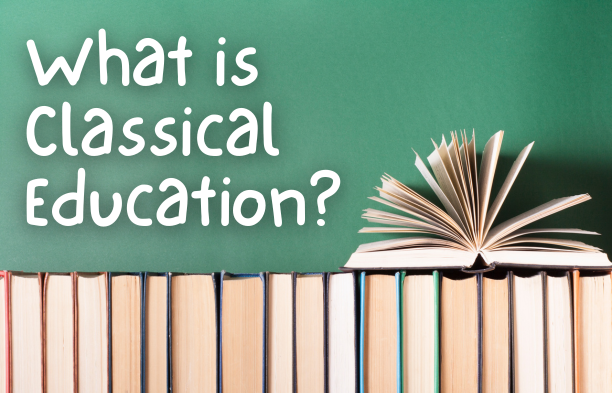In today’s fast-paced, test-driven educational landscape, it’s easy to lose sight of what learning should really be about.
Enter classical education—a model that defies the status quo and focuses not just on the “what” but on the “how” of learning.
If you’re scratching your head and wondering what this traditional yet profoundly relevant system entails, read on.
The Trivium: A Three-Step Process to Learning
At the core of classical education lies the Trivium, a three-step process consisting of Grammar, Logic, and Rhetoric. These stages aren’t merely subjects but tools for how to approach any area of study—or, indeed, any area of life.
Grammar: The Building Blocks
The first step of the Trivium, Grammar, involves memorizing a broad range of facts to serve as the foundational learning blocks. Whether it’s the spelling rules, the math formulas, or basic historical events, this stage is all about absorption. It’s like learning the vocabulary of a new language; you can only construct sentences if you know the words.
Logic: Connecting the Dots
Once the facts are at your fingertips, the Logic stage invites you to engage in critical thinking by questioning the “how, what, and why” of the previously learned grammar. This is where students begin to see connections, fill in gaps, and deepen their understanding. It’s also where the rules of logic are taught, allowing students to engage in sound reasoning, a skill sorely needed in today’s world.
Rhetoric: Application and Expression
The final stage, Rhetoric, focuses on the “and what does it mean” and “how do I express that” part of the learning process. It’s about taking concrete facts and reasoned logic to create something new or to articulate ideas clearly and persuasively. This stage represents the ultimate aim of education: to cultivate individuals who can apply and communicate their knowledge effectively.
The Classroom Experience
Suppose you walked into a classical school classroom. Your initial glance might not reveal anything unusual—desks, chairs, coat racks, and all the other trappings of a typical learning environment.
However, spend some time observing, and you’ll see students actively engaged in the Trivium process. They’re not just being taught subject matter; they’re being shown how to absorb it, think about it, and express it—a skill set that equips them to approach virtually any subject or life challenge confidently.
The Lifelong Impact
The most significant value of a classical education is the development of lifelong learners.
As students progress from Kindergarten through 12th grade, they continually engage in this three-step process, learning to make connections across disciplines and in life.
This isn’t about preparing students for a single career or a series of tests; it’s about giving them the tools to learn and adapt in whatever circumstances they may find themselves in the future.
Beyond Traditional Subject Areas
Classical education is open to the rigors of science, math, or any other subject. These areas are approached through the “how to learn” lens, making the knowledge gained in these subjects deeper and more interconnected.
The goal is not just to memorize formulas or dates but to understand their underlying principles and significance in the broader tapestry of knowledge.
Your Next Step
If you’re intrigued by the concept of an educational model that aims to produce well-rounded, intellectually curious individuals who can think for themselves, classical education might be worth exploring.
Want to delve deeper? Explore Dripping Springs Christian Academy now and take the first step toward a holistic approach to learning that could redefine your perception of education.
Discover resources, educational programs, and much more that can provide you with invaluable insights into classical education.
The richness of a classical education could be the most worthwhile investment in your child’s future. Take the step to learn more today.

